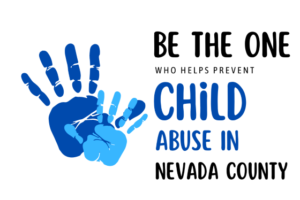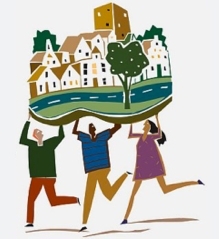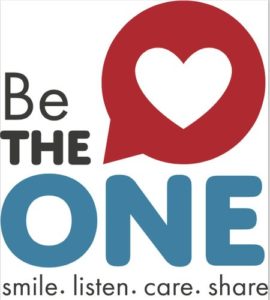 If you are interested in learning more about the impact of adverse experience during childhood and the power of connection, please view the materials below or email the CSNNC coordinator.
If you are interested in learning more about the impact of adverse experience during childhood and the power of connection, please view the materials below or email the CSNNC coordinator.
If you or someone you know if looking for local community services or support, please visit our Partners page.
The HOPE National Resource Center
The HOPE National Resource Center is based out of Tufts Medical Center in Boston, Massachusetts. We are creating a paradigm shift in systems of care, communities, and policies to value and actively bolster positive childhood experiences (PCEs). HOPE offers research, resources, trainings and technical assistance to help bring the power of the positive into the lives of children and their families.
For more information on Healthy Outcomes from Positive Experiences (HOPE) Click HERE
What are ACEs?
A recent Center for Disease Control briefing shows that Americans who had experienced adverse childhood experiences, or ACEs, were at higher risk of dying from five of the top 10 leading causes of death. The original study, which connected ACEs to health effects, was conducted by the CDC and Kaiser, and consequent studies have been conclusive. According to 2014 studies, an estimated 61.5% of adults and 48% of children in the United States have been exposed to ACEs, with more than one-third of these having multiple exposures.
ACEs have been shown to damage the nervous, endocrine, and immune systems in such deep ways that they have altered the physical structures of DNA. This can affect things including learning, attention, decision-making, and emotional regulation, which affects children’s ability to succeed in school and relationships. These effects go on to damage their ability to succeed at all things in life, and can be passed on to their children.
Our community has the power to prevent ACEs as well as to build resilience to mitigate ACEs impacts. If as a nation, we could prevent childhood trauma, it could potentially prevent 1.9 million cases of coronary heart disease and 21 million cases of depression. ACEs prevention includes structural changes, such as providing economic support, quality childcare and early childhood education, and health care approaches.
One important way to build resilience for young people is to have a stable, caring person in their life. The Be the One campaign is a way to introduce ACEs to the community, and encourage them to find ways to Be the One to someone who needs it.
The Be the One campaign was created by Resilient Yolo.

